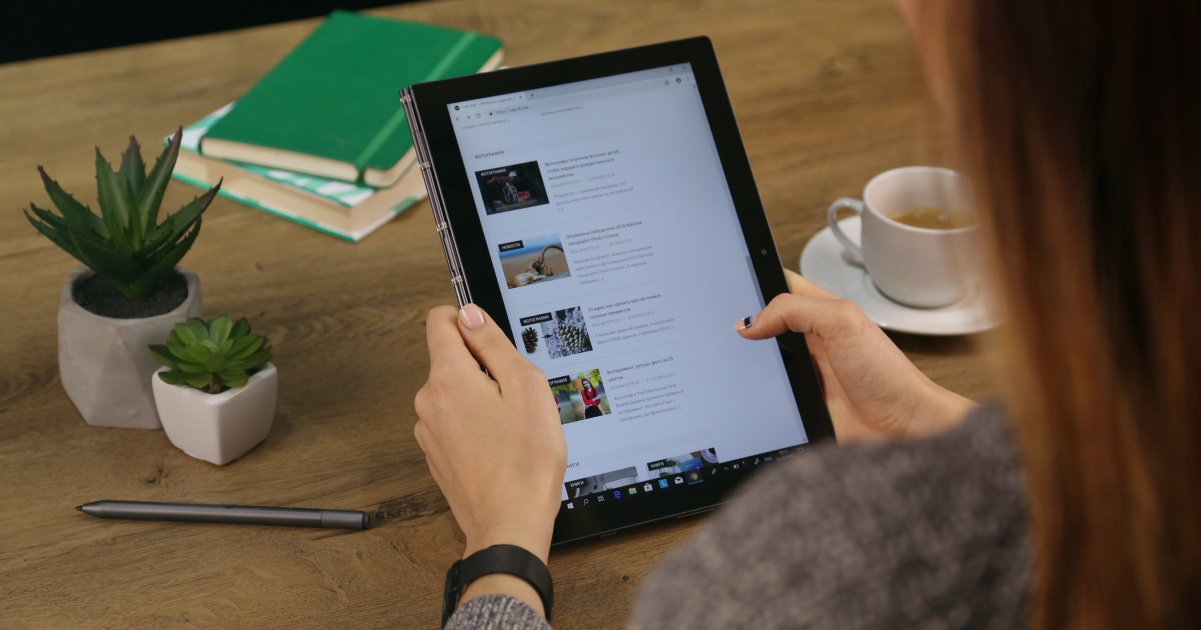
How to Start a Blog for Free and Make Money
Do you want to know how to start a blog? Do you have a story to tell, knowledge to share, or a message to spread? If you do, starting a blog could be your platform to make an impact – and a profit.
This post will explain exactly what a blog is, showcase some benefits that can be gleaned from starting one, and then outline nine easy steps to build your own blog that can make you some money.
What Is a Blog?
Blogs (or weblogs) have evolved since their creation in the mid-90s and have an interesting history. Initially, the most popular blogs were political, but personal, how-to, corporate, lifestyle, and special interest blogs quickly gained traction.
Put simply, a blog is a web page used for a particular kind of commentary that is updated regularly. They often include a visual element and are published in an easy-to-read format. The topics written about in blogs are as varied as people’s interests. They can be about almost anything, including:
- Food
- Travel
- Fashion
- Business
- Product promotion
- Parenting
- Fitness
- News
And so much more.
If you have access to a computer and the internet, and you have something to write about, you can start a blog to share your knowledge and interests across the globe.
Should You Start a Blog?
The decision to start a blog is largely a personal one, but if you like to write, you should consider it. Starting a blog could be a great opportunity if you want to:
- Showcase your talents. To create a good blog, you should have proficiency in writing and editing. If these are skills you’re proud of, your blog can help you show them off.
- Get writing practice. Similar to the first point, if you’re looking to improve your writing and editing skills: practice makes perfect. Starting a blog and writing regular entries can help you hone your craft.
- Have a creative outlet. Blogging can be a free way to express your artistic side.
- Share your thoughts and experiences. Thanks to our digitally connected world, we all have the opportunity to learn from each other and share our unique perspectives. By writing a blog you can help educate others and broaden their horizons.
- Connect with other people. The blogging community is often quite active on social media. Starting a blog can help you connect with like-minded people, potential clients or customers, other bloggers, etc.
- Make some extra money. A blog can advertise an existing business or introduce a new one. You can use it to sell products or services. There are many ways to make money.
If any of these benefits of blogging appeal to you, read on to learn how you can easily start your own.
How to Start a Blog and Make Money
If you’ve decided that you want to know how to start a blog, we’ve come up with a simple nine-step plan to guide you through the process.
1. Pick a Writing Niche
There are almost an infinite number of potential topics for your blog. Picking one to focus on can help you narrow down your target audience, build your expertise, and grow a devoted following.
Not sure where to begin? Ask yourself:
- What do I enjoy learning about or doing?
- What areas do I have knowledge or experience in?
- What are other people interested in? Which topics are popular?
Here is a list of some of the best blogging niches for freelance writers. If your chosen niche isn’t working out well, you can change it at any time.
2. Research Your Audience
Once you’ve decided what you want to write about, it’s best to research your target audience. Remember that some writing niches can be more profitable than others. You’ll want to think about who you’ll be writing to. Considering these questions can help you define your intended audience:
- How old are they?
- What are their interests?
- What do they do for work?
- What other forms of social media do they enjoy?
- Do they regularly face any issues or problems?
- What would they like to learn more about?
- Do they live locally or globally?
Once you have determined your audience, you can check out Google Trends to see if people have been actively searching for topics related to your niche. This can further help you understand how to make money with your blog.
3. Choose a Blog Name and Domain
Now that you’ve decided on a niche and understand your audience, it’s time to give it a name. Choose something that aligns with your theme and intended audience, and make sure it isn’t too difficult to type – you don’t want people to ignore your blog just because of the name.
Domain names are the words used to identify specific websites and services (e.g., example.com). This is what other people will use to access your blog. Ideally, your domain will be related to your blog name. You can check for available domains by checking domain registrars.
You can choose a free blogging platform, but it’s important to note that your domain will likely have the name of the hosting site attached to it (e.g., yourblogname.examplehostsite.com).
Try not to be confused by the more technical aspects of steps three and four. Here is everything in simpler terms:
- Name. You can name your blog whatever you like. It’s what you, and everyone else, will call your site.
- Domain. The web address of your blog.
- Platform. What will host your blog (i.e., allow the blog to be visible online)? There are free and paid platforms available, some of which may include a domain.
Hopefully, that clarifies things. For more on hosting your blog, read on to step four.
4. Select a Blogging Platform
A blogging platform is a software or service that hosts your blog and allows you to manage and publish it online. Choosing the right one will depend on how much customization, security, and support you need. You can start your blog without spending any money by using one of the many available free blogging platforms.
5. Build and Design Your Site
Time to get creative! Your options for designing your blog will depend on your technical skills and what blogging platform you have chosen. You can build your site from scratch or use templates and themes.
Platforms such as Blogger or WordPress will allow you to create something perfectly suited to your content, even if you don’t possess technical skills. Generally speaking, you’ll get some templates for free, and more options are available for a price.
You may want to have more than one page on your site. An online store, contact information, a writing portfolio, and information about you are good options for separate pages on your blog.
6. Brainstorm Ideas and Create a Content Calendar
After the logistics have been taken care of, you need to brainstorm what you’ll blog about. Decide what you want to write about first, and then come up with more ideas. Once you have a list, organize it so your blog content will flow from one post to the next.
At this time it can be useful to learn some tips to optimize your blog for search engines. Discovering relevant keywords, and including them in your content, can help it reach as many people as possible.
It’s best to publish new blog posts regularly, so at this stage, you should create a calendar to determine when you’ll publish each post. Posting regularly will help grow your audience by engaging your existing readers and attracting new ones. This practice will motivate you to stay informed about changing trends, developments, and conversations regarding your chosen niche.
7. Write Your Posts
It may seem like it’s taken a while to get to this point, but you should be ready to get writing!
Start by creating an outline for the first topic you came up with during your brainstorming stage. While a lot of blogging platforms allow you to write directly on their site, it’s best to use a separate word processor in case of any technical difficulties. Here are a few things to consider while writing your post:
- Identify the best format for your post.
- Use clear and engaging language.
- Keep readability in mind.
- Don’t overlook the importance of a strong introduction and conclusion.
- Incorporate the keywords you discovered in step six.
- Come up with an appealing headline.
Before you publish, take a break from your post. Return to your first draft later and proofread. Do any required editing and make sure everything displays exactly how you want it to. Then, publish your first post.
8. Promote Yourself
While there are plenty of great ways to promote your blog, in the long run, it may be best to keep it simple at first and just focus on writing quality content.
Once you’ve published your first post, share the link. Using different social media sites can be an efficient way to showcase your writing. Share links on your existing channels or create new accounts with the sole purpose of promoting your blog.
9. Monetize Your Blog
There are many ways you can make money with your blog. Some of the most popular include:
- Promote other companies’ products or services.
- Participate in affiliate marketing programs.
- Include targeted advertisements in your blog design.
- Use your blog to market your skills, services, or products.
- Set up a subscription model where readers can pay for premium content.
- Offer for-hire coaching or consulting services.
Choosing only one of these options may not generate much money at first, so it could be advantageous to include a few of these strategies to increase your earning potential. What works for you will largely be dependent on what type of blog you have chosen to create.
Becoming A Freelance Writer
If you want to learn how to write exceptional blog posts, Becoming A Freelance Writer will teach you. You can even gain experience with our publishing guarantee.
Alternatively, if you’re more interested in improving your proofreading or editing skills, we have courses to help you with that as well.
If you’re not sure what you’d like to learn first, you can try any of our courses for free.





Your email address will not be published.